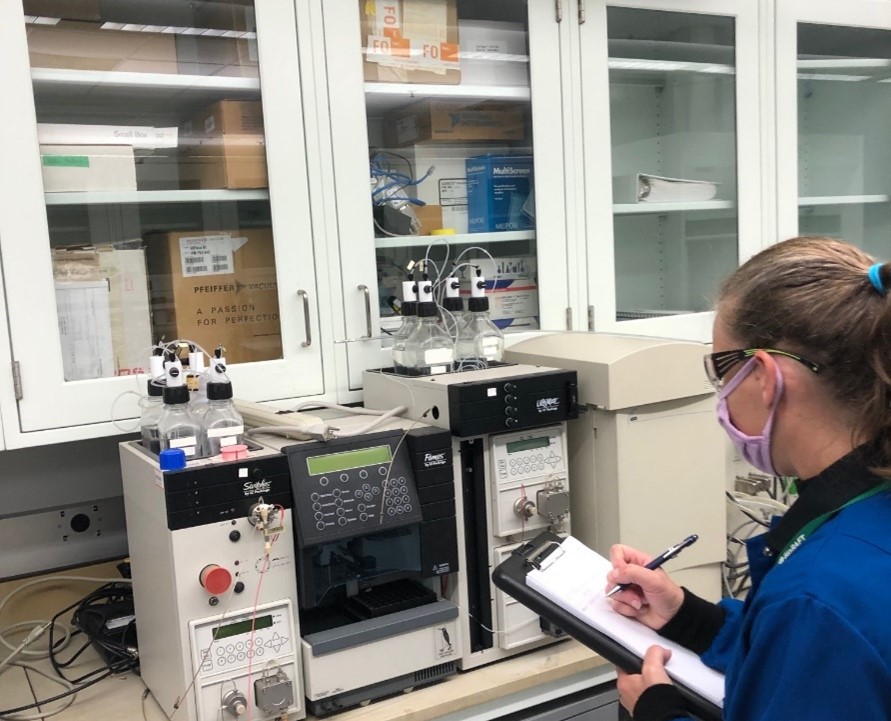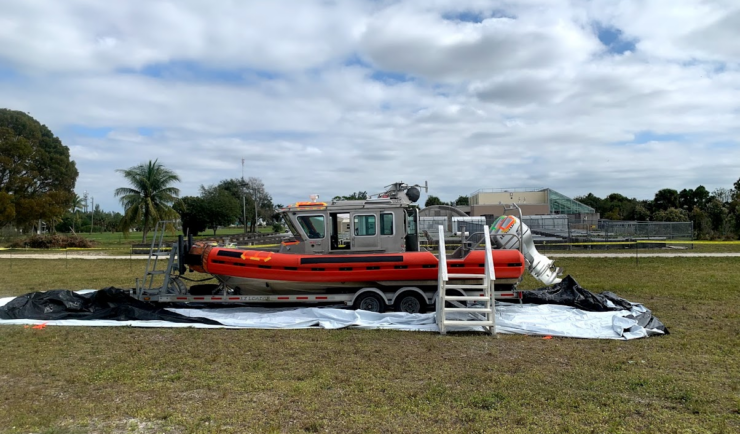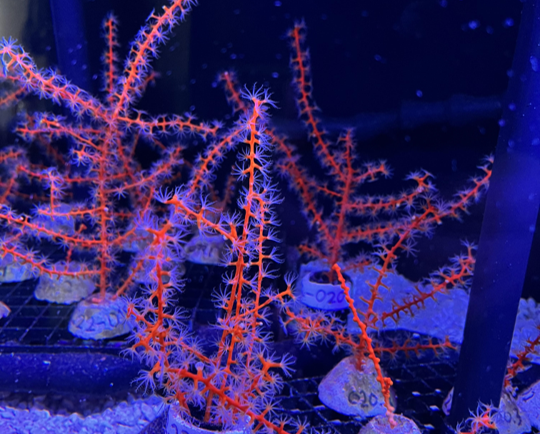- Community Spotlight, Uncategorized
- Safety, Health, & Environmental Compliance
Assessing Methylene Chloride Levels in Laboratories

CSS employee owners supporting the University of Kentucky have started sampling campus laboratories with high use of methylene chloride to assess levels of employee exposure. This effort is in response to the Environmental Protection Agency (EPA) issuing methylene chloride regulations under Section 6(a) of the Toxic Substance Control Act in the Federal Register on May 8, 2024. This regulation prohibits manufacturing, importing, processing, and distributing methylene chloride for all consumer use, and most industrial and commercial uses. The exception to this regulation encompasses 13 different areas, which includes research laboratories. However, with these regulations, EPA has a new occupational exposure limit, called an EPA existing chemical exposure limit (ECEL). The weight average (TWA) ECEL for the standard eight-hour period is 2 parts per million (ppm) with an Action Level of 1 ppm. If an exposure of methylene chloride is at the action level, then the worker needs to be put into a Workplace Chemical Protection Program. This plan outlines how to reduce the employee’s exposure. The rule indicates that initial exposure monitoring should be done by May 5, 2025.
To date, CSS has completed sampling in five laboratories covering six different uses of methylene chloride. The data shows, as of now, that using the chemical fume hood correctly keeps the methylene chloride exposure below the action level. However, operations occurring outside the chemical fume hood, then exposures are at the Action Level or near the eight-hour TWA ECEL.
The next steps are to finish the initial monitoring, as well as working with the laboratories using engineering control or substitutions (if possible) to reduce the exposure to methylene chloride.

Visit EPA’s webpage to learn more about risk management for methylene chloride.
See More CSS Insights

Large-Scale Decontamination Proves Successful
In the spring of 2022, we worked with the U.S. Environmental Protection Agency and the U.S. Coast Guard on a project called Analysis for Coastal Operational Resiliency-Wide Area Demonstration (WAD) which tests large scale decontamination following the release of surrogate bioagents. The team conducted a WAD at a military base in Virginia to test decontamination…

Studying Mesophotic Coral Health
Mesophotic coral can live at depths of 500 feet below the ocean surface. Even at this depth, some of the mesophotic corals in the Gulf of Mexico were affected by the Deepwater Horizon oil spill in 2010. Our coral scientists supporting NOAA’s National Centers for Coastal Ocean Science are studying the extent of this impact.…

Over 40 Years of Support
Since 1982, members of our staff have supported EPA’s Office of Pesticide Programs. As part of this contract, our staff assess environmental and human health impacts on anthropogenic chemicals. The agricultural industry is critical to food and textile production, it is a large contributor to the U.S. economy. Not only does the industry provide food…
